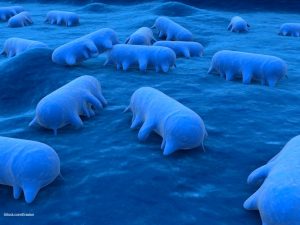Salmonella in unpasteurized Mexican-style cheese called queso fresco has sickened at least 13 people in Minnesota who all got it from the same private home, according to state health officials. The Minnesota Department of Health (MDH), the Minnesota Department of Agriculture (MDA) and health officials from the City of Minneapolis are investigating the outbreak and searching for the source of the raw milk used to make the cheese. The sale of raw milk is not legal in Minnesota unless it is purchased on the farm where it was produced.
 Eleven people were diagnosed with confirmed cases of infection from the same strain of Salmonella Typhimurium. Eight of them were hospitalized. Additional illnesses, among family members of those with confirmed cases, were also reported but not confirmed through testing. Two of those people were hospitalized. All of the those who were sickened have recovered.
Eleven people were diagnosed with confirmed cases of infection from the same strain of Salmonella Typhimurium. Eight of them were hospitalized. Additional illnesses, among family members of those with confirmed cases, were also reported but not confirmed through testing. Two of those people were hospitalized. All of the those who were sickened have recovered.
During interviews, many patients reported eating unpasteurized queso fresco that was made in a private home. Investigators learned that the cheesemaker made home deliveries and also may have sold the product on East Lake Street in Minneapolis. Anyone who purchased or was given this cheese should not eat it.
As the hospitalizations in this outbreak show, Salmonella can cause serious illness and sometimes the infections can be fatal. Symptoms, which include diarrhea, fever, and abdominal pain, usually set in 12-72 hours after eating contaminated food and can lst up to a week.
“While our immediate concern is that there might be additional illnesses associated with consumption of this particular product, we also want to remind people of the inherent risk of consuming any raw dairy product,” Carlota Medus, MD, foodborne illness epidemiologist with MDH. “We encourage people to think carefully about those risks before consuming raw dairy products from any source and know that the risks are especially high for young children, pregnant women, the elderly and those with weakened immune systems.” Raw milk can contain pathogens such as Salmonella, Campylobacter, Shiga toxin-producing Escherichia coli, Listeria, and Yersinia, all of which can cause serious illness.




